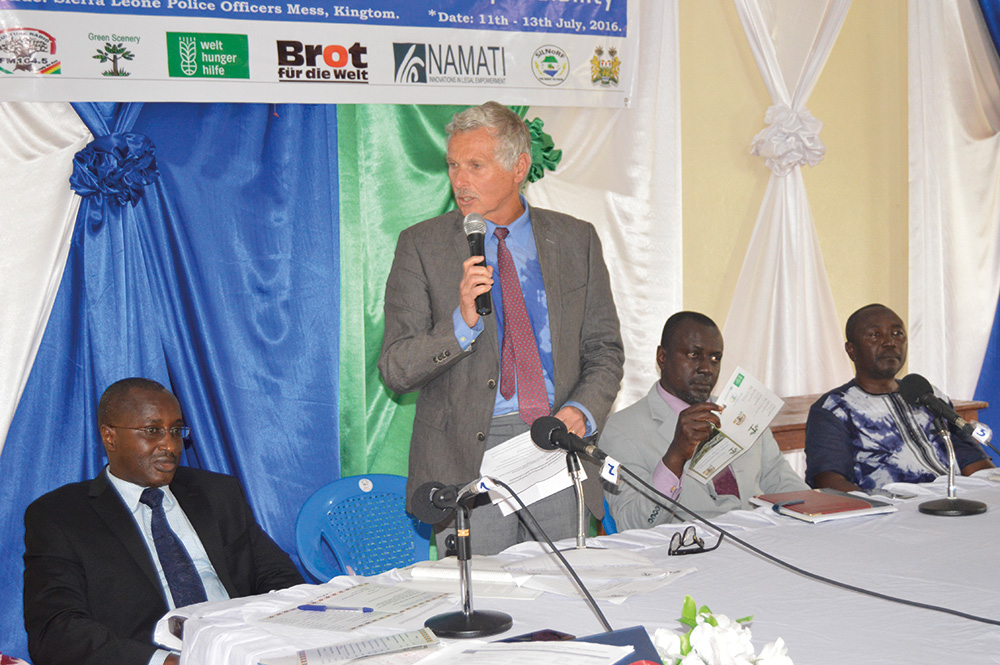Livestock matter
Livestock are critical to building sustainability in food and agriculture. Current and future livestock sector development needs to produce more, from less, and in ways that benefit all. Solving the sector’s challenges requires stakeholders to find common ground and to join forces towards continuous practice change. The Global Agenda for Sustainable Livestock is one example of these new ways of working.





